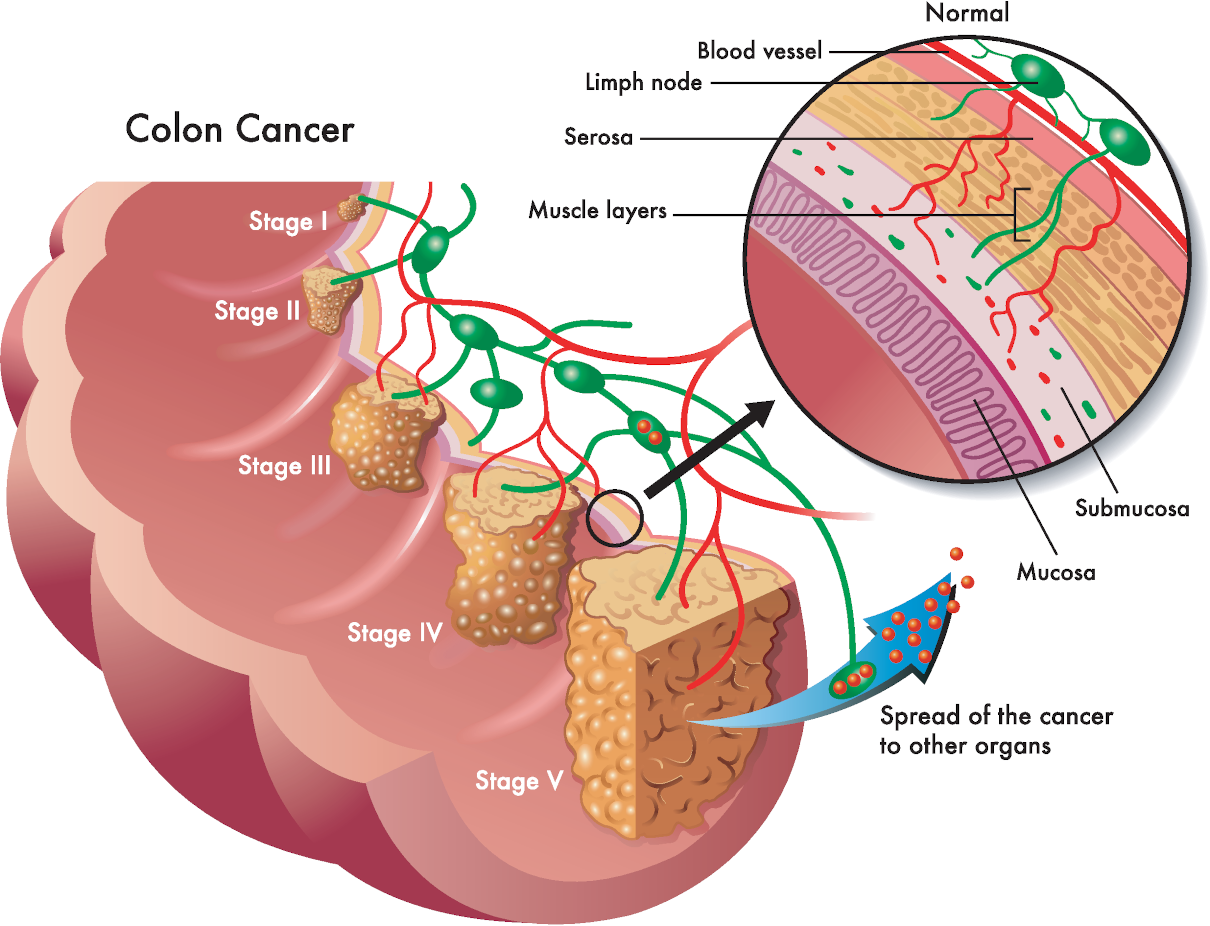
Toxic diffuse goitre (Graves’-Basedow’s disease) indicates the thyroid gland’s hyperplasia and hyperfunction. Hereditary factors, infections, intoxications, psychemical traumas, etc., may also prompt that condition.
Factor
The foundation of pathogenesis is a disturbance of immune “supervision”, resulting in the formation of autoantibodies. They are a stimulating factor causing the gland’s hyperfunction, hyperplasia, and hypertrophy. To clarify, of significance here is the change in the sensitivity of tissues to thyroid hormones, leading to a disturbance of metabolism between them.

Anti-candida Mini Detox – three colonics with bicarbonate of soda
An intensive course of three cleansing colonics with bicarbonate of soda is taken over one week to kickstart a detox cleansing regime. It includes an initial consultation. Best offer of closed system colonic hydrotherapy in London.
What are the symptoms of Diffuse goitre?
The surplus of thyroid hormones affects different kinds of metabolism, organs and tissues. So, patients complain of irritability, weepiness, hyperrealism, insomnia, flaccidity, fatigue, sweating and hand and body tremors. Patients lose weight despite good appetite (limos). Young patients, on the contrary, may gain weight (“fat” Basedow). Furthermore, the thyroid gland can diffusely enlarge. However, there is no relationship between its enlargement and the seriousness of thyrotoxicosis.
Changes
Changes in the eyes are as follows:
- bilateral exophthalmia (no trophic disturbances),
- restricted movement of the eyeballs,
- Diffuse goitre symptom (the upper eyelid lags behind the eyeball when looking down),
- Dalrymple symptom (wide opening of the palpebral fissure),
- Mobius symptom (weakness of convergence),
- and Kocher’s symptom (retraction of the upper eyelid when shifting one’s gaze).

Initial osteopathic treatment and consultation
Find relief and restore balance with osteopathy at Parkland Natural Health. Initial osteopathic treatment with Gilly Arbuckle aims to reduce tension and restrictions, regain balance, and reduce pain or stiffness symptoms. The appointment includes a consultation and lasts forty minutes.










